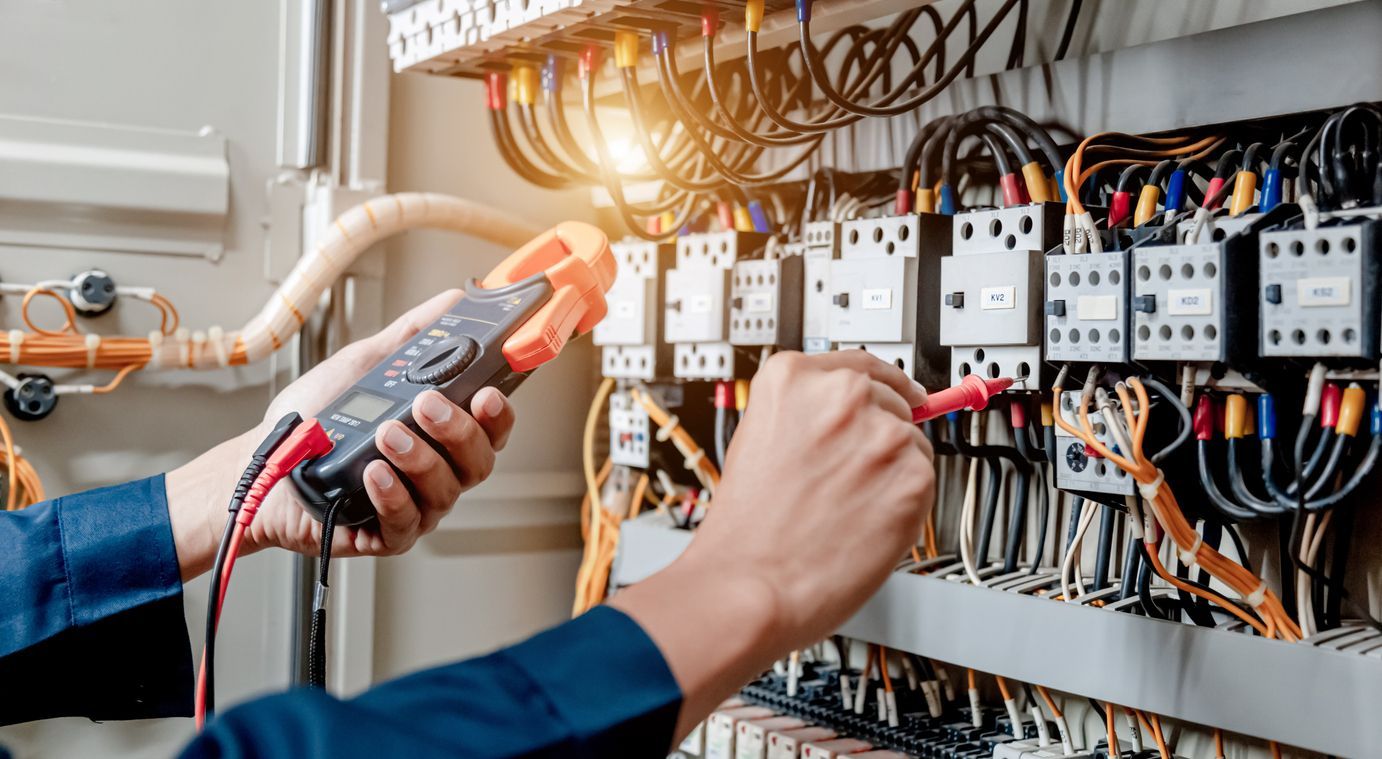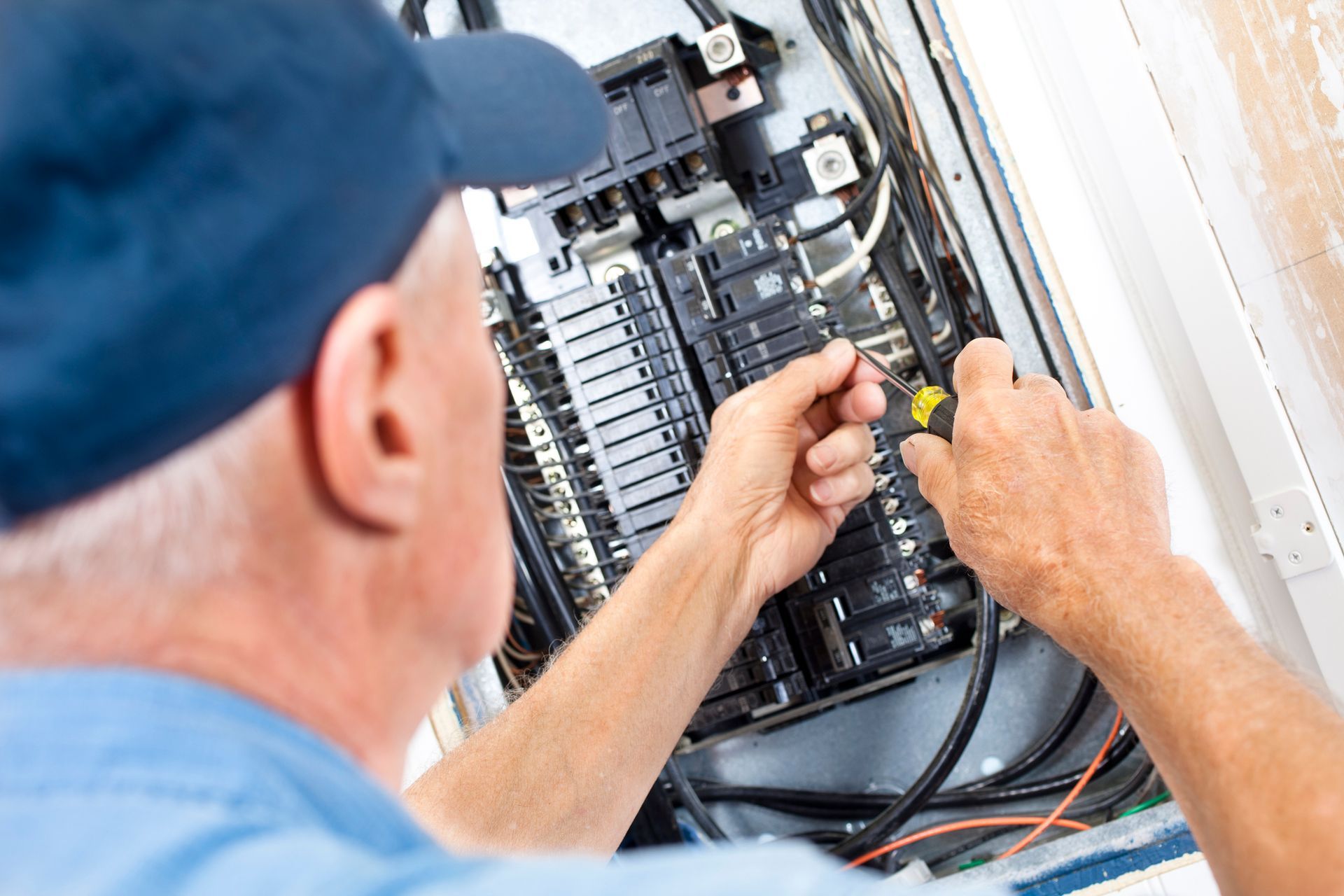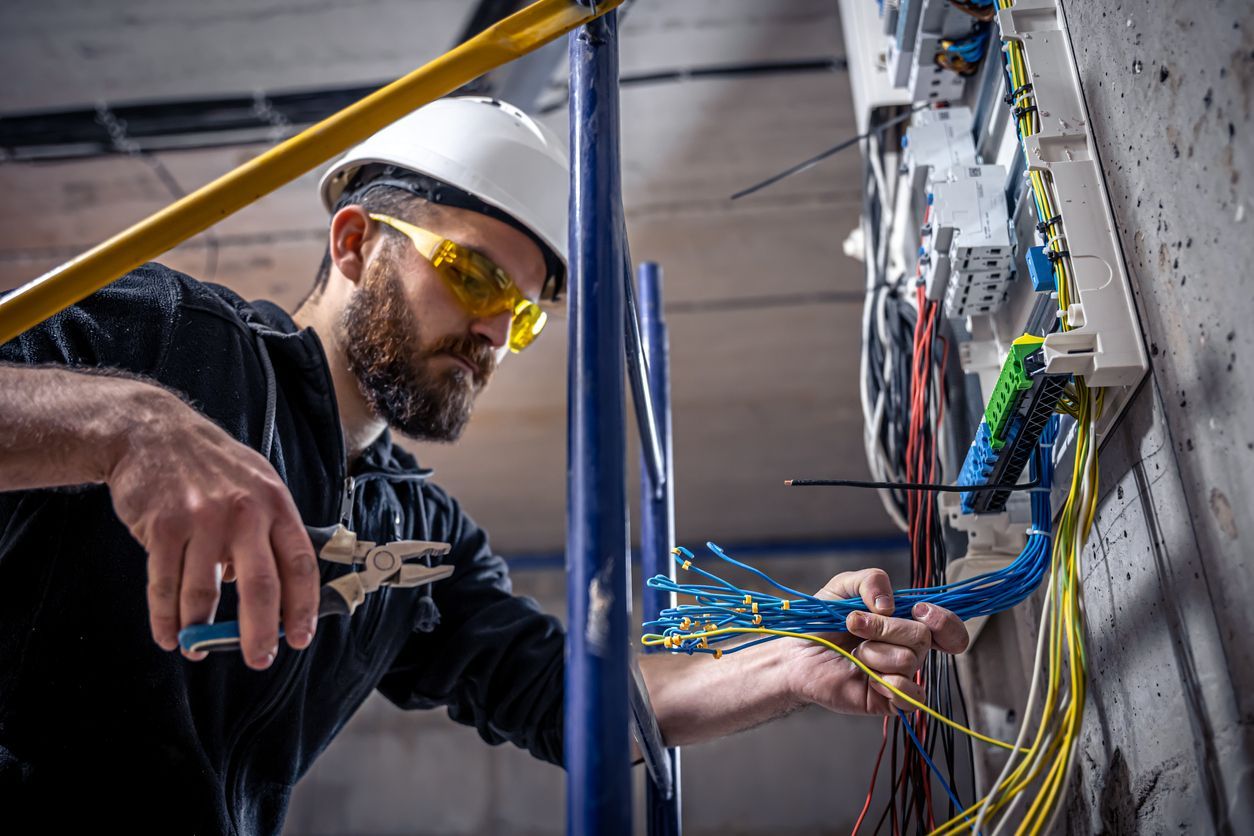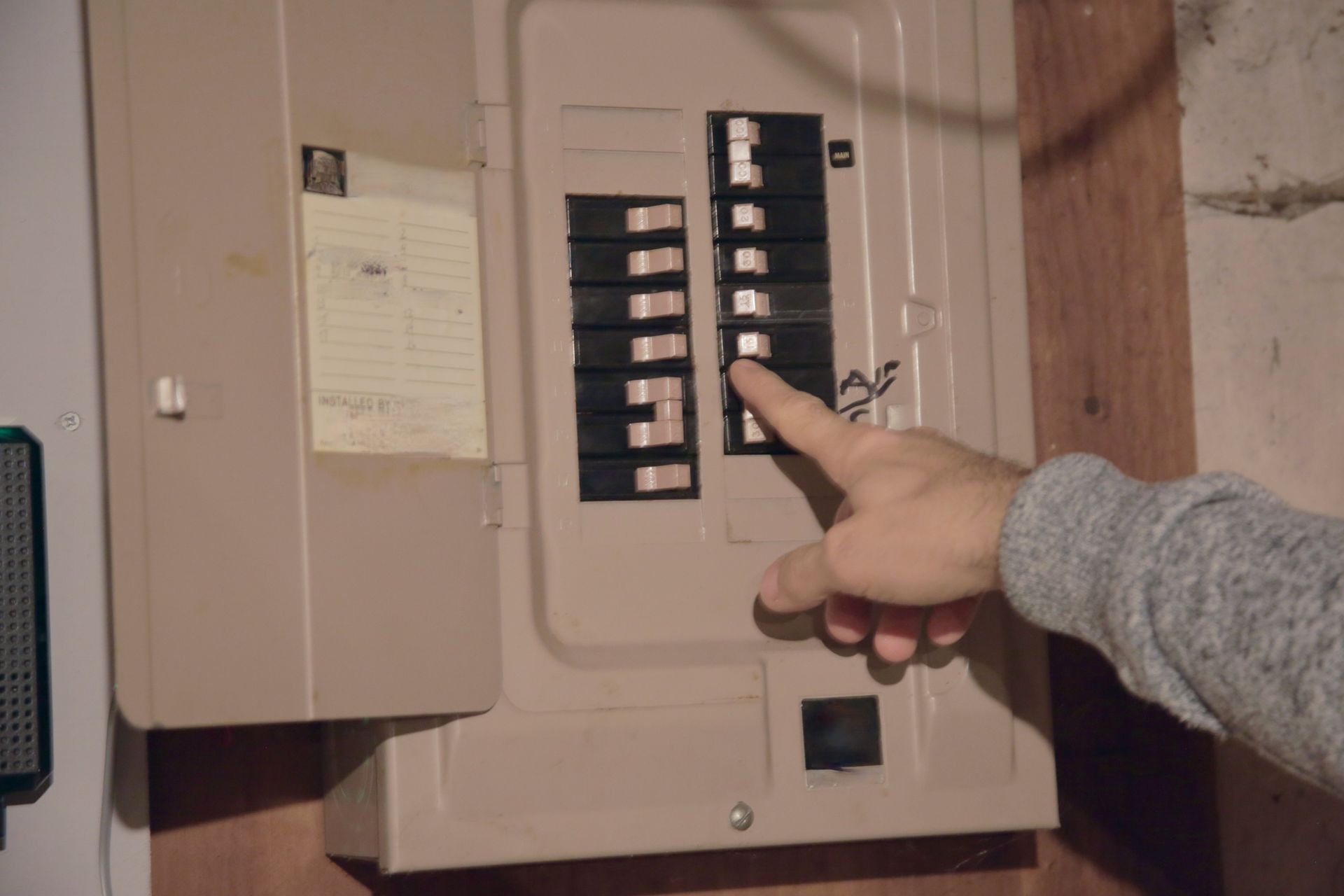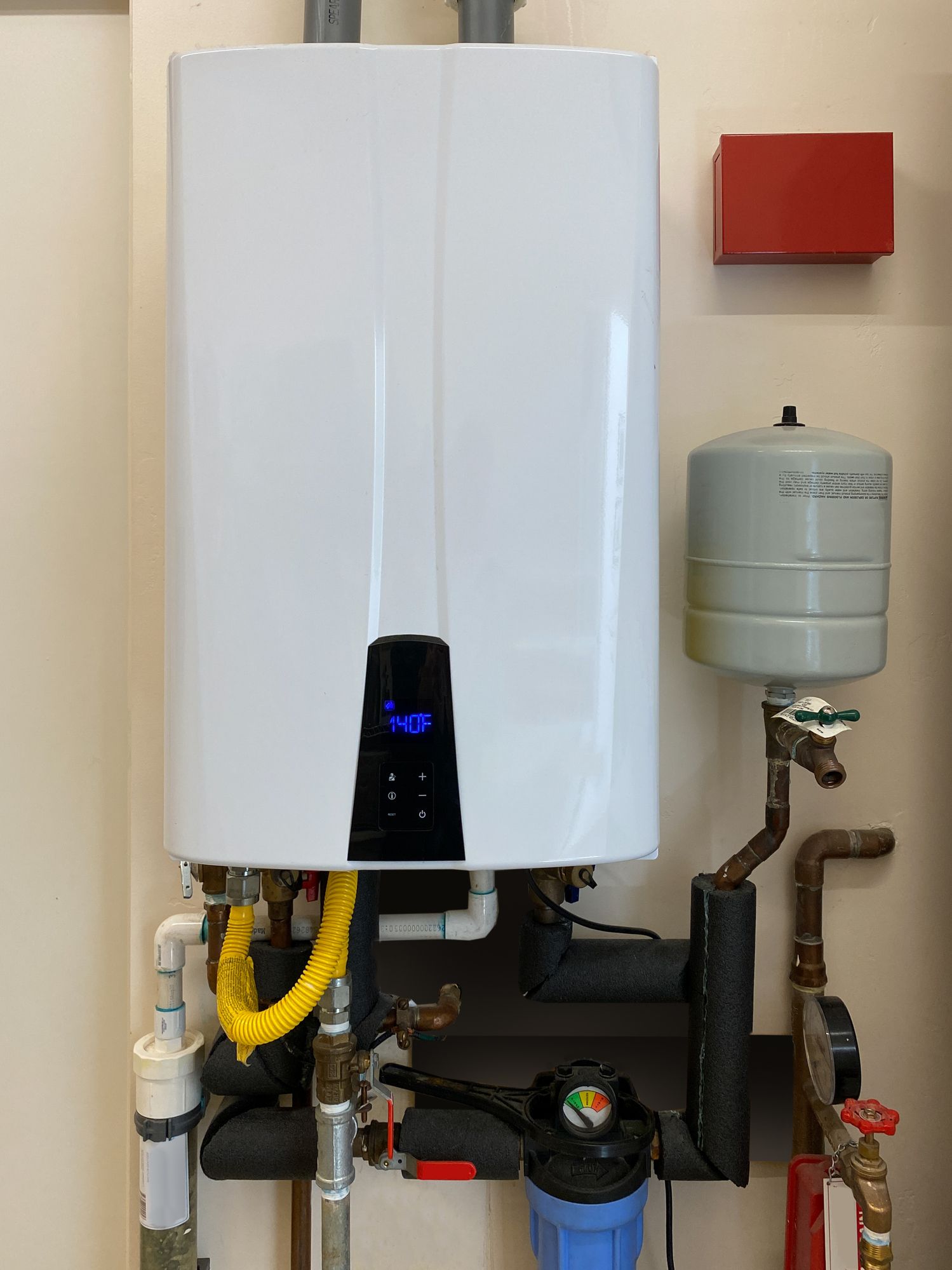Get in Touch With us Today!
CALL NOW 973-857-4333
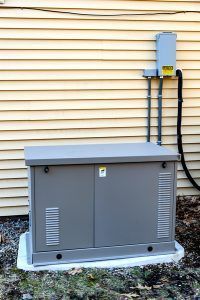
The technology of generators has advanced from the days when they were enormous industrial devices to today, when most homes can afford a backup generator that fits on a few square feet of outside property. Modern generators can provide more power and more reliability than ever before, allowing a home to get through an extended power outage with most major appliances and lights still working.
We recommend all homeowners consider having a generator installation—they can be literal lifesavers! And the type of generator we recommend the highest are automatic standby generators. These units take away almost all the work involved in running them and provide extra peace of mind. As soon as there’s a power loss to a home, an automatic standby generator turns itself on to supply the lost electrical voltage. There’s no need to go out in a storm or a freezing night to fumble with getting the generator started.
How This Works
If you’re considering an installation of a whole-house generator, you might be interested to know how a generator can automatically activate when there’s a blackout.
The key component in an automatic generator is the automatic transfer switch. Although the generator is connected into the household electrical system, it is kept entirely isolated from it and from the utility lines by the transfer switch—at least, until the generator is needed. There’s a good reason for this isolation: if the generator turns on accidentally, it can send extra voltage into the house or utility lines and cause electrical hazards.
The transfer switch selects whether the house uses utility power (i.e. standard electrical power from the grid) or power from the generator. When the switch is set to utility power, it monitors the electricity entering the house. Should this power go out because of a blackout, the switch automatically activates to cut off the house’s electrical system from the grid, although it doesn’t immediately make the switch to generator power. First, the switch activates the generator controller, which is the hub of the generator that manages powering the system up and down and monitoring its functions. (In some units, the controller also monitors the voltage from the grid and detects when power goes down, rather than leaving this job to the transfer switch.) The controller activates the combustion engine of the generator. It takes a few seconds for the controller to stabilize the speed of the engine and the output of electricity. Once this occurs, the controller signals the automatic transfer switch to shift over to generator mode and allow electricity into the house. The switchover process takes about a minute.
Keep Your Generator Working Automatically!
Like any mechanical device, a generator can suffer from malfunctions. To ensure that the automatic standby generator serving your home is prepared to turn on when you need it, always schedule routine maintenance service for it from our professionals. These regular inspections will help us catch when you need generator repair in Wayne, NJ. You don’t want to learn you need repairs when you actually need that transfer switch to disconnect your house from the grid and switch to generator power!
Anderson Electric Corp. serves Northern Jersey. Request a free estimate today.
